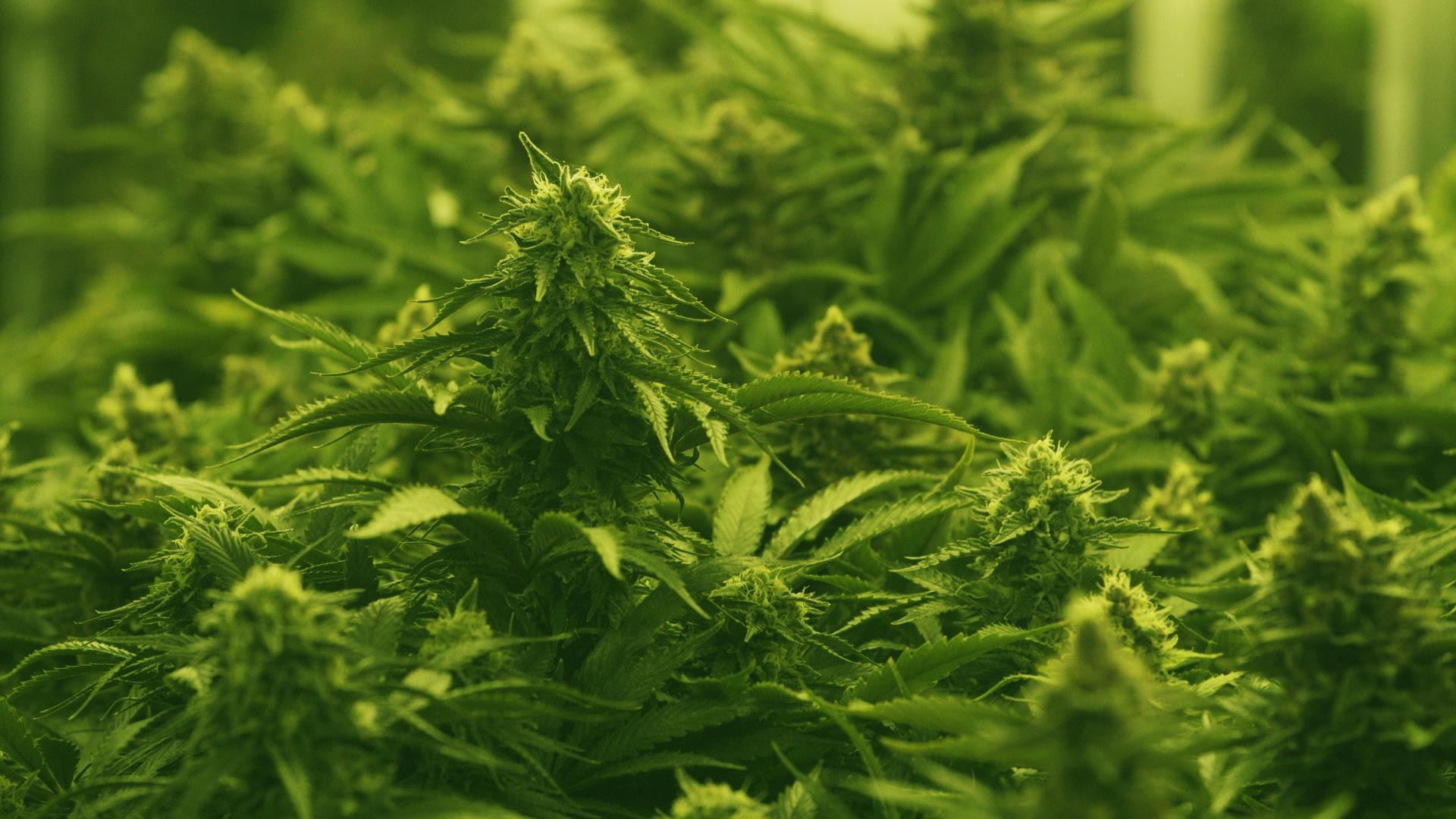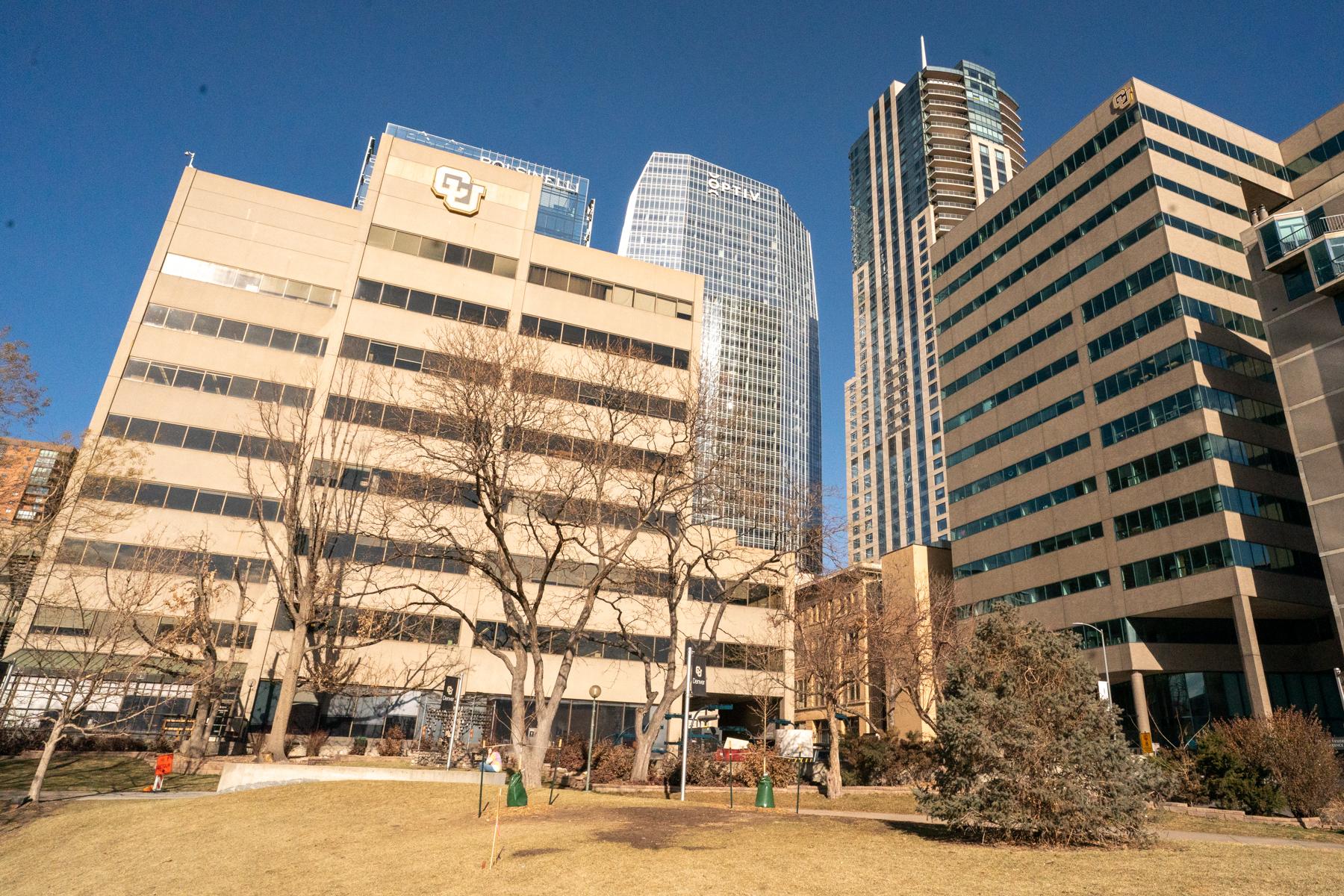
Cannabis as medicine is where the whole marijuana industry started 15 years ago, but state data shows the end of the differentiation between medical and recreational products may be in sight.
Even after recreational sales started in 2014, the number of customers for medical marijuana was fairly stable, but it is now in the midst of a sustained decline. The number of registered medical marijuana patients, tracked by the state health department, has fallen 28 percent since Sept. 2021, from 89,978 patients to 65,101 in May 2024.
Medical marijuana sales, meanwhile, have hit their lowest levels in at least 10 years, totaling only $15 million in April, down 63 percent from April 2021, according to the State Department of Revenue.
Mason Tvert, a spokesperson for Colorado Leads, a marijuana industry group, said this is a natural evolution of the cannabis marketplace. Recreational stores are ubiquitous, and the product is often competitively priced.
“As cannabis has become more accessible and available to adults who are looking to use it for a medical or non-medical purpose they're less likely to go through the process of seeking what's essentially a permission slip from the State of Colorado,” said Tvert.
Medical users first must get a “provider certification,” fill out an application, and then pay $29.50 to the state, though those fees can be waived in certain circumstances.
Many dispensaries in Colorado have switched to only recreational sales, with some owners saying they never felt comfortable recommending medical strains to people with certain ailments. Some complained about the onerous regulations around medical, and keeping track of plant counts and patients. While many others just didn’t have enough medical customers anymore to make that side of the business sustainable.
Tvert said that doesn’t mean that medical will totally vanish. Many patients may have a strong relationship with a doctor, and it’s a relatively easy and cheap process to renew their state registration. He predicts that pharmaceutical companies will develop new products from cannabis, especially once it is rescheduled by the federal government.
Many patients will stay in the medical market because of cost. The taxes on medical sales are a small fraction of many additional taxes levied on recreational marijuana purchase.
“When you look at medical patients who are having to use consistently, on a daily basis, they may be far more likely to go through that process,” Tvert said. “Because they're going through much more product and therefore they're saving a lot more money.”








